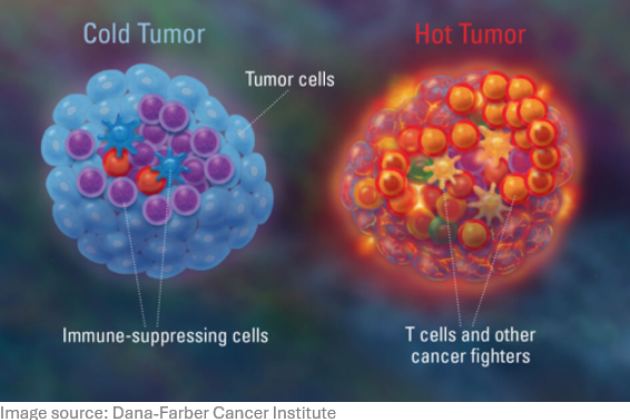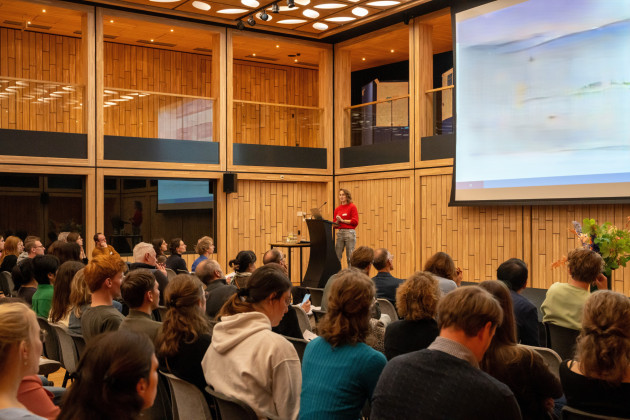Postdoctoral Researcher

In order to develop robust and effective immune responses, T cells are subject to a wide range of co-stimulatory and co-inhibitory signals that regulate their proliferation, differentiation and function. These “immune checkpoints” are at the forefront of cancer therapies. Despite this, our understanding of how these signals work together to optimally induce anti-tumour T cell responses is still limited. This knowledge is crucial as immunotherapies targeting immune checkpoints often come with serious autoimmune side-effects, highlighting an important intersection with the field of T cell tolerance and autoimmune disease.
Our research aims to dissect the cellular and molecular mechanisms that are induced by different T cell co-stimulatory and co-inhibitory signals. Further, we aim to uncover how they can be manipulated to induce effective T cell responses while limiting immunopathology, and hence, provide critical insight for the improvement of immunotherapies.
I completed my Bachelor of Science and Honours research program at Monash University in Melbourne, Australia in 2016. I began my PhD at the Walter and Eliza Hall Institute (WEHI) in 2018. Here, under the supervision of Dr. Susanne Heinzel and Prof. Phil Hodgkin, I developed a novel dendritic cell–T cell in vitro co-culture system to interrogate the precise impact of PD-1 signalling in naïve CD8+ T cell proliferative responses. After graduating in 2023, I moved to the Netherlands to start my postdoctoral research in the group of Ramon Arens, investigating how co-stimulatory and co-inhibitory signals interact to determine T cell differentiation and function.



Looking for information on one of our topics, a new place to conduct your research or connect to experienced researchers to join forces with? Feel free to contact us!